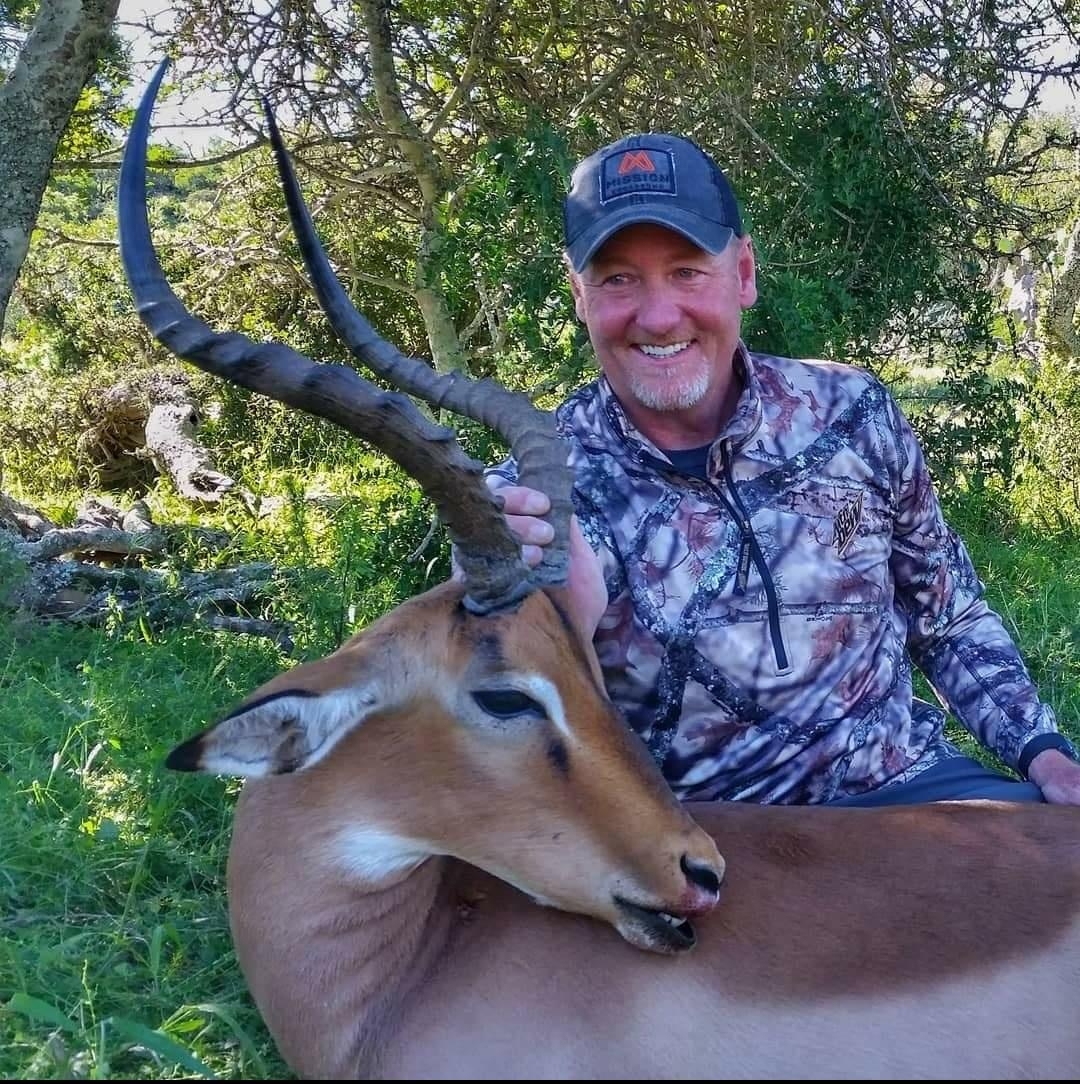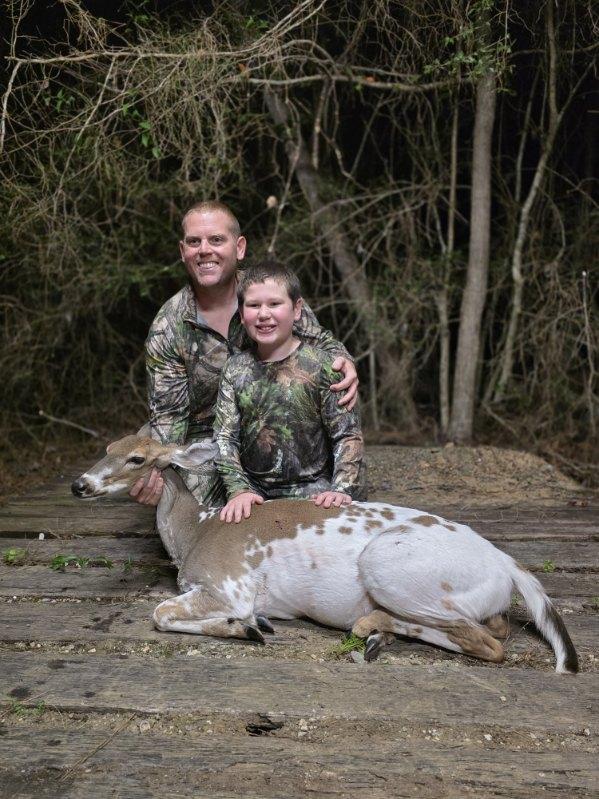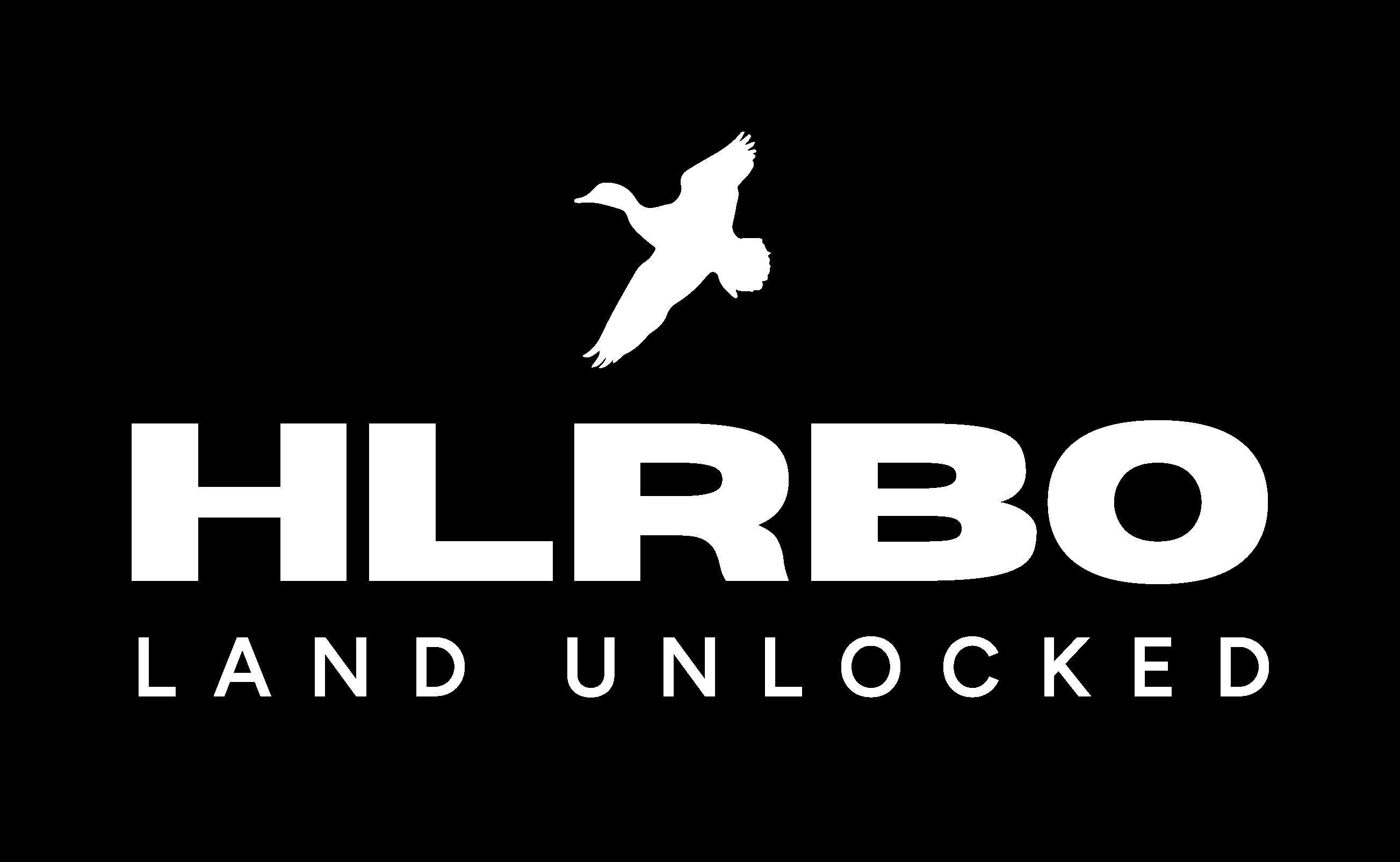
Finally decided to make that hunting trip of a lifetime in South Africa, eh? Fulfilling your dreams of an enjoyable, successful safari will require some serious planning before you get on a plane to begin your journey.
Hunting in South Africa is not out of reach, financially or physically, with the proper planning and preparation. Depending on what game animals you want to hunt, a trip to South Africa could be in the financial ballpark of a whitetail deer or elk hunt. Not the same, but in some comparisons not wildly disparate. It’s a matter of your desires, budget and determination.

I can’t remember anyone I’ve talked with who returned from South Africa and said, “I’ll never do that again.” As with any trip, I’ve heard some quibbles: length of the flight, maybe hours of ground travel, hiccups in airport transfers, perhaps an opportunity here or there for a game animal that didn’t materialize. As anywhere, it’s hunting. Nothing is guaranteed. I’ve heard about guns being damaged in transit, and government officials wanting to (again) check documents or ask questions (again) while in reality seeking a bit of financial tribute from the international visitors. You can talk with your safari operator about all these things. But you should be ready for anything. Pray for smooth travels and be prepared to roll with whatever happens.
Those are generalities, though. Before your trip here are a few things to consider to get the ball rolling.
What’s Your Budget?
A trip to South Africa involves the cost of airfare, baggage and rifle case fees, and travel insurance. You’ll have government forms to fill out and fees to pay. Immunizations are required, and those cost money. The safari outfitter will have their rates, along with extra options you may choose. Don’t forget about taxidermy and shipping, the latter being one of the big expenses. With today’s shipping delays and increase in prices worldwide, definitely consider this along with everything else in your budget plans.
What and Where to Hunt?
Want to chase the Big 5? Perhaps you’ll be satisfied with other species of Plains Game. Your outfitter can help with these considerations. Going after the former is a serious, challenging task replete with a good measure of danger. The latter is challenging and easily can test your stalking and shooting skills. A big kudu, eland or black buck isn’t a cow loitering in a pasture.

Where to hunt also is a consideration. Outfitters work in South Africa, Tanzania, Cameroon, Botswana and Namibia. This is where your homework online and talking with friends will come into play. You may also seek assistance from organizations such as Safari Club International, or veteran hunters such as Craig Boddington (craigboddington.com). Each country has different requirements for entry, so you’ll have more work to do. Your outfitter can offer advice on entry forms and other requirements.
Rifle and Ammo
Whoooboy, this is one topic for years that spurs debate. Some will argue that the good ol’ .300 Win Mag, .308 or .338 are fine for Plains Game. Others may fight tooth and nail about the need for a rifle chambered in at least a .375 or larger. For now we’ll consider the former three calibers that are among the most popular here in the states for deer, moose, elk and other game. Bullet weight is critical, of course, as you’ll likely need at least 150 grains if not 180 for a hunting trip halfway around the world.

Here’s the nub: if you’re proficient with your rifle in the aforementioned calibers, and your outfitter gives you the OK, start practicing. The venerable .300 Win Mag is a smidge faster than the .308, and the .338 also is a good middle-of-the-road caliber with oomph. You may be shooting to 300 or 400 yards. Zeroing your scope for such distances and, again, practicing at such ranges will be critical. Not just from a bench, either. You may be standing or kneeling. Possibly freehand or with shooting sticks. Do not practice only from a comfortable bench and call it good. We cannot replicate adrenaline coursing through our veins while at a shooting range, so I can’t advise on taming the shakes and quivers. Think calming thoughts, breathe well, and find your Zen looking through the scope.
All the Rest
Your outfitter can offer advice on other items you will need for the trip, from boots and clothing to tips for trackers, helpers or anything else. Many outfitters provide laundry service, so you may need only a few changes of clothing because what you wore the day before will be cleaned. Check on this, since it can help with packing. Ask about the weather (it should be super). If you enjoy birdwatching or photography, plan for those activities as there are myriad things to see and learn about.

Be generous with your kindness and tips to those who are helping you. If you can afford a safari, you can afford more than a minimum tip. Don’t be “that guy.” Have a great time, enjoy and relish the opportunity, and fulfill a dream.
Article by Alan Clemons
Photos by Kurt Walbeck



